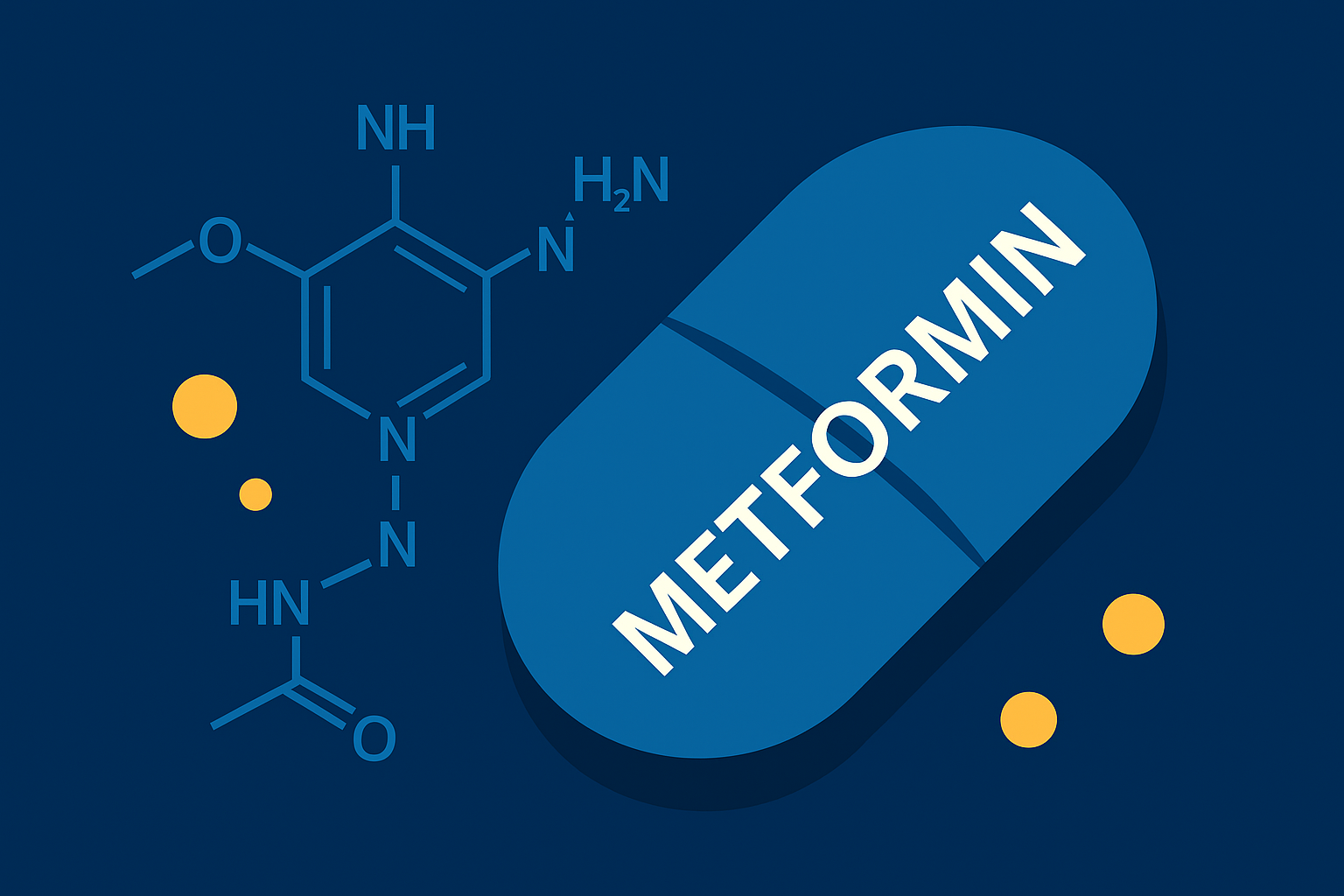
What is methotrexate?
Methotrexate is a folate derivative that works by inhibiting enzymes involved in nucleotide synthesis. This suppression slows down cell division and reduces inflammation, making it effective for:
Cancer therapy (chemotherapy)
Autoimmune diseases like rheumatoid arthritis and psoriasis
Ectopic pregnancy management
Because of these effects, methotrexate is classified as an antimetabolite and is considered an essential medication in both oncology and immunology.
How Methotrexate Works (Mechanism of Action)
It primarily inhibits the enzyme dihydrofolate reductase (DHFR), which prevents the formation of tetrahydrofolate, an essential cofactor in DNA synthesis.
Key effects include:
Blocking DNA replication and cell division
Reducing immune system activity
Suppressing inflammatory processes
Medical Uses of Methotrexate
Methotrexate is prescribed for multiple conditions, including:
Oncology: Leukemia, breast cancer, lymphoma, and osteosarcoma
Rheumatology: Rheumatoid arthritis and juvenile arthritis
Dermatology: Severe psoriasis
Gynecology: Management of ectopic pregnancy
Medical Uses of Methotrexate
It is prescribed for multiple conditions, including:
Oncology: Leukemia, breast cancer, lymphoma, and osteosarcoma
Rheumatology: Rheumatoid arthritis and juvenile arthritis
Dermatology: Severe psoriasis
Gynecology: Management of ectopic pregnancy


Important Considerations & Side Effects
While effective, it can cause side effects such as:
Liver toxicity
Gastrointestinal discomfort
Bone marrow suppression
Increased infection risk
Patients taking methotrexate often require folic acid supplementation and regular blood tests to monitor toxicity.
Conclusion
Methotrexate is a powerful drug with broad applications in cancer, autoimmune diseases, and reproductive medicine. Understanding its mechanism and proper use helps maximize benefits while minimizing risks.





